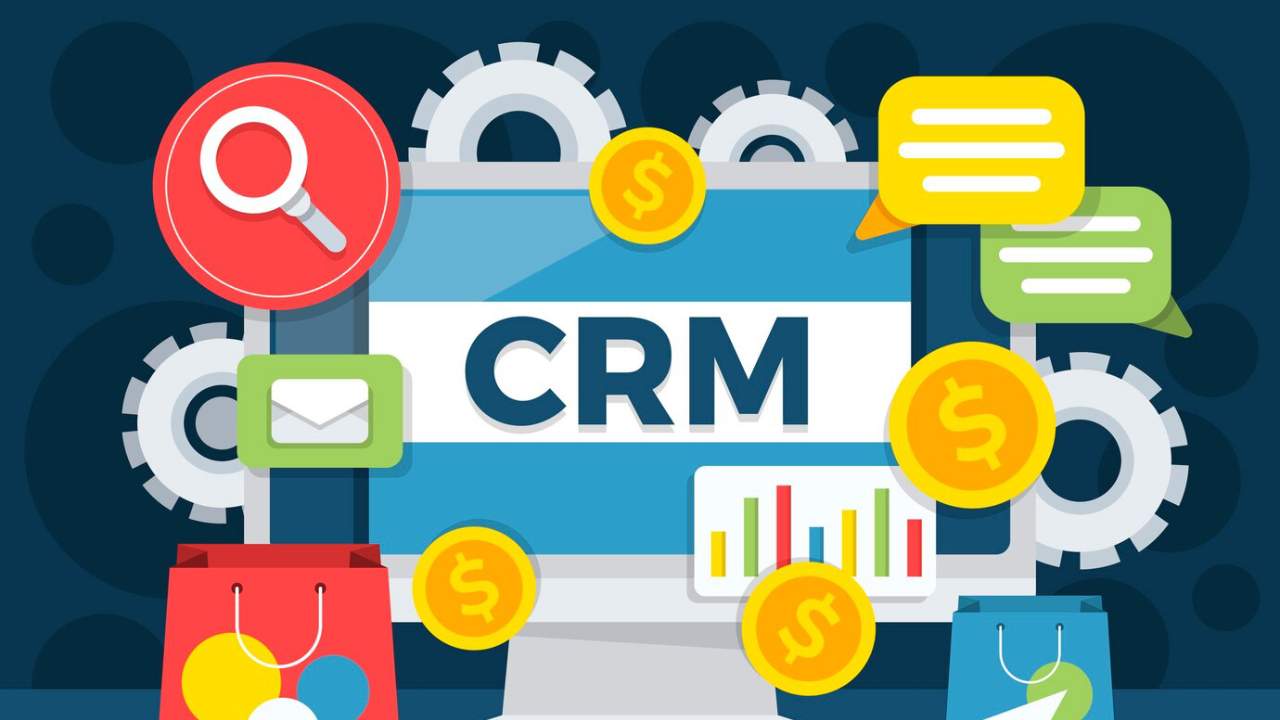Customer Relationship Management (CRM) software is a critical tool for businesses looking to streamline customer interactions, improve sales, and enhance overall efficiency.
While traditional CRMs cater to various industries, Finance CRMs are specifically designed to meet the unique demands of financial services firms.
In this article, we will explore the key differences between Finance CRMs and Traditional CRMs, their benefits, features, and the best solutions for different business needs.
1. What is a Traditional CRM?
A Traditional CRM is a general-purpose customer relationship management system designed for a wide range of industries, including retail, healthcare, manufacturing, and technology.
These platforms focus on managing sales pipelines, automating marketing tasks, and tracking customer interactions.
Key Features of Traditional CRM:
- Contact and lead management
- Sales tracking and forecasting
- Marketing automation
- Customer support and ticketing
- Workflow automation
- Reporting and analytics
Popular Traditional CRM Solutions:
- Salesforce CRM – Visit Salesforce
- HubSpot CRM – Visit HubSpot
- Zoho CRM – Visit Zoho CRM
- Pipedrive CRM – Visit Pipedrive
2. What is a Finance CRM?
A Finance CRM is a specialized customer relationship management tool tailored for financial institutions such as banks, investment firms, wealth management companies, and insurance providers. These CRMs help financial professionals manage client relationships, ensure compliance with regulations, and automate financial workflows.
Key Features of Finance CRM:
- Compliance management and regulatory tracking
- Secure document management
- Financial planning and portfolio tracking
- Risk assessment and fraud detection
- AI-driven financial insights
- Customer segmentation based on financial history
Popular Finance CRM Solutions:
- Salesforce Financial Services Cloud – Visit Salesforce Financial Services
- Microsoft Dynamics 365 Finance – Visit Microsoft Dynamics 365
- Wealthbox CRM – Visit Wealthbox
- Redtail CRM – Visit Redtail CRM
- Zoho Finance Plus – Visit Zoho Finance Plus
3. Key Differences Between Finance CRM and Traditional CRM
| Feature | Finance CRM | Traditional CRM |
| Industry Focus | Specifically designed for financial institutions | General use across multiple industries |
| Compliance Management | Includes regulatory tracking and compliance automation | Limited or no built-in compliance tools |
| Financial Data Security | High-level encryption and security features | Standard security protocols |
| Document Management | Secure document storage for contracts and statements | Basic document management |
| Risk Management | AI-driven risk analysis and fraud detection | Limited to general customer analytics |
| Client Segmentation | Based on financial history and wealth profiling | Based on demographic and behavior data |
| Investment Tracking | Portfolio tracking and financial planning tools | Not available in general CRM solutions |
| Integration with Financial Tools | Seamless integration with accounting and wealth management tools | Limited financial software integration |
4. Benefits of Using a Finance CRM Over a Traditional CRM
1. Enhanced Compliance and Security
Financial institutions deal with sensitive data, making compliance with regulations such as GDPR, PCI DSS, and FINRA crucial. Finance CRMs provide automated compliance tracking, fraud detection, and high-end encryption to secure client data.
2. AI-Powered Financial Insights
Finance CRMs leverage AI-driven analytics to offer predictive insights on customer behavior, portfolio management, and investment opportunities, helping financial professionals make data-driven decisions.
3. Personalized Client Management
Unlike traditional CRMs, finance CRMs enable advanced customer segmentation based on financial status, transaction history, and investment behaviors, leading to highly personalized service delivery.
4. Secure Document Management
Finance CRMs offer secure storage and retrieval of financial documents, including contracts, loan agreements, and investment statements, ensuring regulatory compliance.
5. Streamlined Financial Workflows
Finance professionals can automate financial planning tasks, risk assessment, and reporting, reducing manual work and enhancing productivity.
5. When to Choose a Finance CRM Over a Traditional CRM?
A Finance CRM is the right choice if your business:
- Operates in banking, wealth management, investment, or insurance sectors
- Requires high security and regulatory compliance management
- Needs AI-powered financial analytics and risk assessment tools
- Deals with high-value client portfolios and investment tracking
A Traditional CRM is suitable if your business:
- Operates in general industries like retail, healthcare, or SaaS
- Primarily focuses on sales pipeline and marketing automation
- Does not require specialized financial features
- Needs a cost-effective and versatile solution
Conclusion
While traditional CRMs are excellent for managing sales and customer interactions across multiple industries, Finance CRMs provide industry-specific tools designed to meet the needs of financial institutions.
The choice between the two depends on your business’s specific requirements, security needs, and regulatory obligations.
For financial firms seeking robust compliance management, investment tracking, risk assessment, and financial analytics, adopting a Finance CRM like Salesforce Financial Services Cloud, Microsoft Dynamics 365 Finance, or Wealthbox CRM is the best choice.
By leveraging AI-driven insights, enhanced security, and automation, Finance CRMs empower financial professionals to deliver superior client experiences, optimize workflows, and remain compliant with ever-changing regulations.

